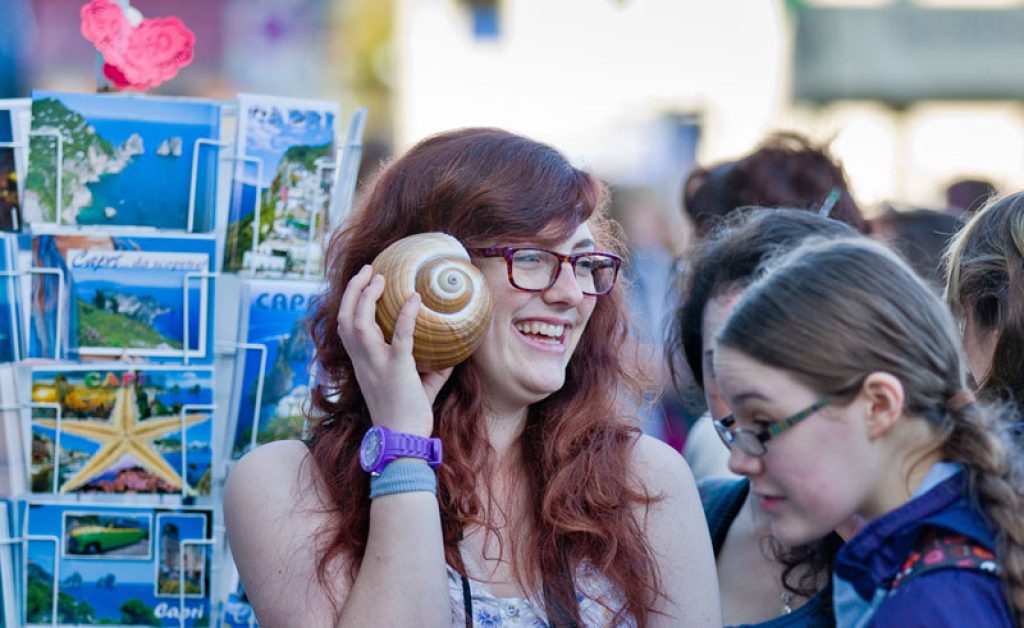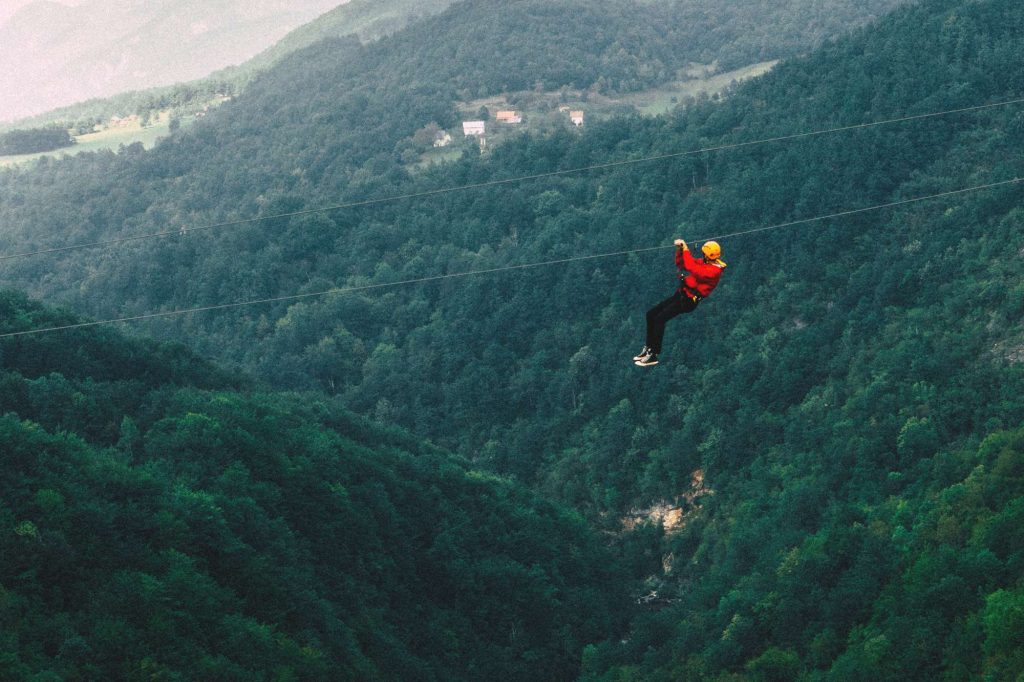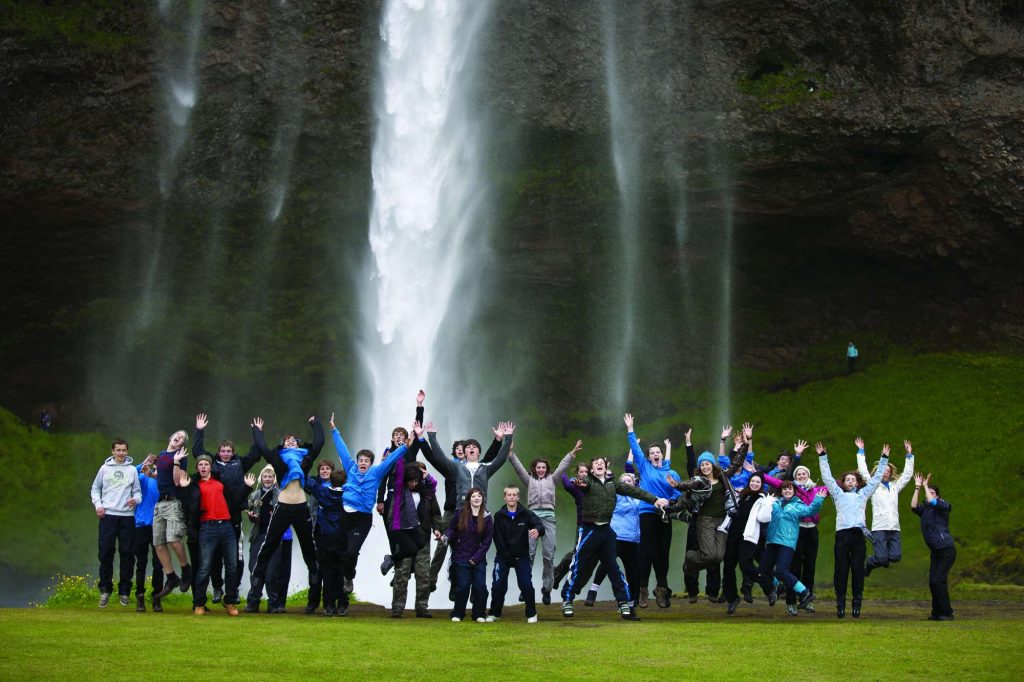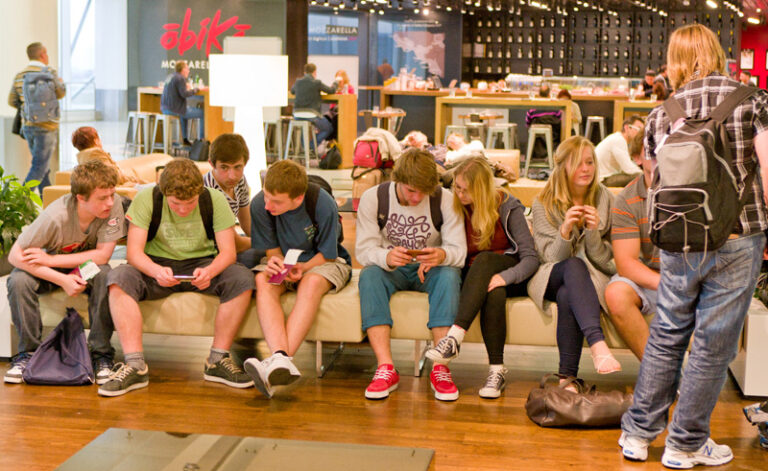Building resilience and wellbeing in students; an interview with geographer and pastoral expert, Karen Corfield
As “normal” school life appears to be settling down after what has probably been the most tumultuous year any of us will face, many of our concerns are shifting to an entire generation who have missed out on the structure of school, the joys of socialising with friends and being able to see a world outside of their own living room.
Whilst these concerns have stretched to the barriers in students’ academic achievements, more and more of our colleagues have expressed a worry for students’ resilience and wellbeing.
These two words have received a lot of buzz since the return to school and for good reason too.
We caught up with our colleague Karen Corfield, now an Education Travel Manager here at Discover the World Education, but formerly a Pastoral Deputy, about the importance of increasing students’ wellbeing and resilience.
She said “I often say to students, it’s how you now respond to the situation, you now have a choice, show that you have learned. This is no more apparent than with the recent global situation with COVID-19. Many of my colleagues have expressed their concern as to how some of their students have reacted to the pandemic, and they lack resilience and independence. They are finding the lack of structure and routine very difficult. This is affecting their wellbeing, self-esteem and mindset.

So how as educators, do we change what we are doing in the education environment to equip them with the skills that they may need again in the future? Let’s challenge our students, allow them to face adversity and situations that are a little different to the norm, allow them to take a risk.
Mental wellbeing is of particular importance to children and young people, as it is thought to influence the way in which an individual copes with key life events such as stress, trauma and physical ill-health.”
We asked Karen how she thinks teachers can begin to help students with this.
She answered “We know that our students learn best when they are doing. So create opportunities to allow students to be surprised, do things a little different, allow them to take charge and allow them to make mistakes…
Students are like little octopuses on their education journey, they have lots of arms and legs where they should reach out and grab every opportunity offered to them. They should be on a zip wire, having fun, taking risks, smiling, laughing, yet that safety harness is always there, keeping them “safe” and popping them back on that zip wire if every now and again they fall.

Resilience is a life skill, a typical 13 year old has 180 days a year in school and schools provide the perfect environment to build resilience in our students. I have found throughout my teaching career that it is often discussed in the early years, but with the pressures of exams, results and general adolescent issues, older students will find that it is often left out of the classroom dialogue.
Resilience does not always materialise organically for each student, we need to create situations, within a safe and comfortable environment that allow students to respond to challenge and setbacks.
When students have resilience, they are open to learning because they believe that they can learn; they are receptive to assistance because it is not a criticism of their abilities; and they are comfortable not understanding concepts immediately because they see learning as a pursuit of knowledge and know that motivation and effort are just as important as knowing how to do something. When students do not have these attitudes about learning, we must not only encourage them to be confident and “keep trying,” but we should also teach them about resilience and perseverance.
Children with higher levels of emotional, behavioural, social and school wellbeing, on average, have higher levels of academic achievement and are more engaged in school, both concurrently and in later years. When they look after their mental health and develop their coping skills it can help them to boost their resilience, self-esteem and confidence. It can also help them learn to settle themselves, feel calm, and engage positively with their education. Not only are those with better mental wellbeing likely to deal better with stressful events and recover more quickly from illness, but they are also less likely to engage in behaviours which may put their health at risk.
Let’s provide our students with the tools to be successful in the real world, where the safety harness is taken off, yet they still take risks, have fun, smile, laugh and achieve. ”
Resilience and Wellbeing School Trips
Introducing our exciting new resilience and wellbeing school trips. Whether combined with a geography trip or resilience only, we have carefully crafted tours to help build students’ self-esteem, confidence, team-work, and resilience skills, whilst also giving them a moment to reflect.

Partnership with Critical Thinkers
As part of our partnership with Critical Thinkers, we are pleased to offer our customers access to their resources. Check out their latest Live Q&A Session: Building Resilience and Improving Wellbeing in Schools.




